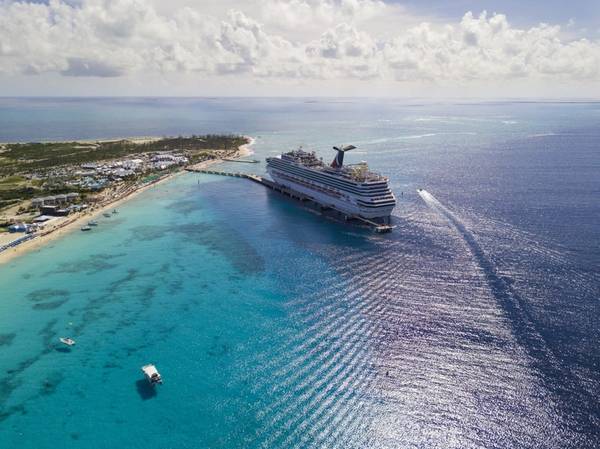
Carnival Corp said on Tuesday it expects to have resumed cruises with 65% of its total fleet capacity by the end of 2021, betting that concerns over a resurgence in COVID-19 cases will not deter holidaymakers.
The company also said its Carnival Cruise Line brand has plans to bring back its entire fleet into service by the end of 2021, which would take total operating capacity to 75%.
Cruise operators began sailing from U.S. ports in June with mostly vaccinated passengers and crew on limited capacity, but a few on-board infections and rising infections in U.S. states due to the Delta variant of the coronavirus has raised worries that the recovery for the cruise industry could be delayed.
Eight of Carnival’s nine brands have so far announced plans to resume guest operations on 54 ships around the world. The company said more restart announcements are due in the coming weeks.
Carnival’s shares rose about 1% in premarket trade after falling 5.7% Monday on fears of the Delta variant’s rapid spread.
(Reporting by Uday Sampath in Bengaluru; editing by Uttaresh.V)



